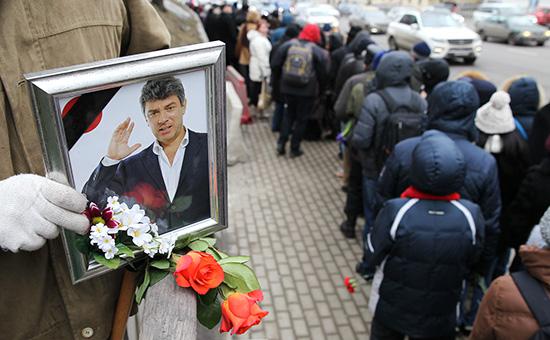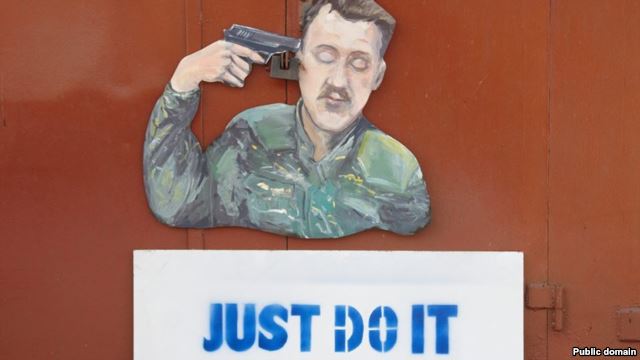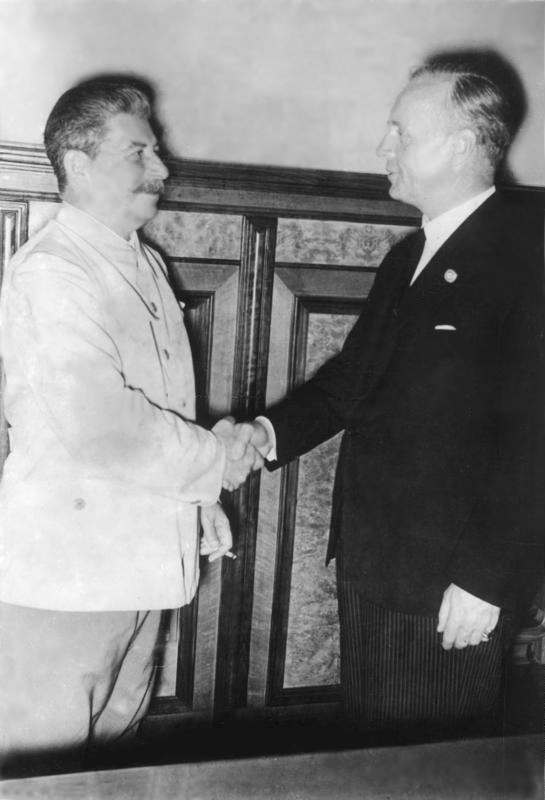The Kremlin and its supporters in Russia and abroad along with those frightened by the implications of holding Vladimir Putin responsible for the killing of Boris Nemtsov have spun out a variety of possible explanations involving the Chechens in order to muddy the waters and keep the blame from spreading upward.
But if one examines these various versions carefully, Igor Eidman says, it becomes obvious that all of the Chechen explanations in which the Kremlin and its backers now are placing so much emphasis have exactly the opposite effect and show that Putin and no one else is the one who gave the order to kill Nemtsov.
Indeed, the Moscow commentator says, there is “a living chain” connecting all the participants in the murder of Nemtsov and “leading directly to Putin’s office.”
All of its “links” are tightly connected, he points out. “Dadayev and Ruslan Geremeyev, the clans of the Germeyevs and Delimkhanovs standing behind them, their patron Kadyrov, and his Kremlin ‘roof’ Putin. None of them would have taken part in the attack without an order coming from the next link in the chain.”
Only Putin “could independently decide” to kill Nemtsov, Eidman points out. The Russian special services were “to all appearances” also involved in the crime, but this was “the underwater part of the operation and thus invisible to us. “But the Chechen trace” clearly leads in one and only one direction – and it doesn’t stop in Chechnya.
Dadayev was the “last link” in this chain, the Moscow commentator says. “He, apparently, was a real participant” in Nemtsov’s murder. The FSB arrested him in order to reach “the next link of the chain, that is, the Kadyrov forces, their competitors in the criminal force business in Moscow.”
But that led to a conflict between the FSB, on the one hand, and Kadyrov, on the other, who did not want to have to sacrifice anything but who was prepared to sacrifice Dadayev “under certain predetermined conditions.” And those have been met by Putin who above all else does not want the next links which lead directly to him to be exposed.
Hence, the Kremlin leader backed Kadyrov against the FSB in this instance, proof positive that Putin was the one who ordered the murder of the opposition figure and now will do what he has to to avoid being blamed.
But this game is not over, Eidman implies, because both Kadyrov and his Chechen mafia and the FSB know the truth, and while they may be governed by a Russian version of “omerta” or code of silence for the time being, Putin is at risk of exposure at some future point, although by that point the world most likely will have “moved on.”








